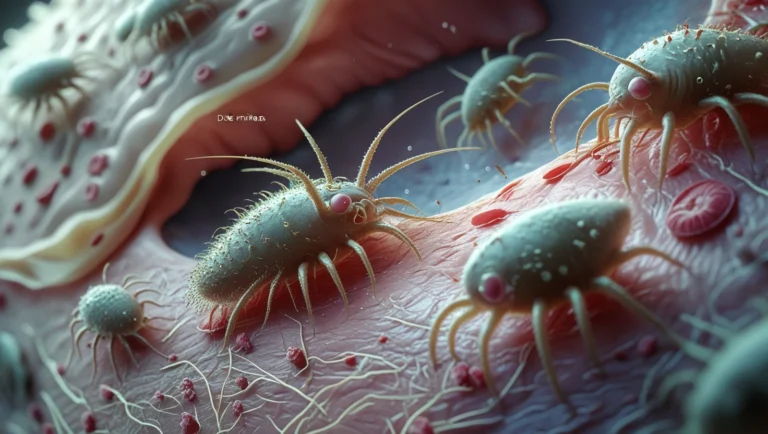1. Do Near-Death Experiences Prove Life Continues After Death?
The Short Answer: No, but they raise profound questions.
Key Perspectives:
- Neuroscience View: NDEs likely result from oxygen deprivation, DMT release, or dying brain activity. Similar visions occur in lab settings (e.g., ketamine trips).
- Parapsychology View: Some cases involve veridical perception (e.g., blind patients accurately describing surgical tools), challenging materialist explanations.
- Philosophical Dilemma: NDEs feel “more real than reality,” but subjective experience ≠ objective proof of an afterlife.
🔹 Bottom Line: NDEs suggest consciousness may transcend the brain, but they’re not scientific proof of an afterlife.
2. What Percentage of People Have a Near-Death Experience?
- General Population: ~5% of people report NDEs after brushes with death (Gallup, 1982).
- Cardiac Arrest Survivors: 10–20% (Lancet, 2001).
- Children: Higher rates (up to 23%) due to fewer cultural filters (Pediatrics, 2008).
🔹 Fun Fact: About 775 million people globally may have had an NDE (based on 10% of those who’ve faced life-threatening events).
3. Types of Near-Death Experiences
NDEs vary but often include 1+ core elements:
A. Transcendental NDEs
- Hallmarks:
- Floating through a tunnel toward light.
- Meeting deceased relatives or “beings of light.”
- Life review in 360° detail.
- Cultural Twist:
- Christians see Jesus; Hindus see Yamraj (death god); atheists describe “conscious energy.”
B. Fear-Based NDEs (15% of Cases)
- Hallmarks:
- Void of darkness or isolation.
- Demonic entities or screams (rare but documented).
- Linked to: Suicide attempts, trauma, or guilt (NDERF, 2020).
C. Out-of-Body (OBE) NDEs
- Hallmarks:
- Watching resuscitation efforts from above.
- Accurate details (e.g., overhearing distant conversations).
- Best Evidence: AWARE study’s partial validation of OBE accounts.
D. “False Return” NDEs
- Hallmarks:
- Believing they’ve returned to their body—only to “wake up” again later.
- Time distortion (minutes feel like hours).
E. Non-Verbal NDEs (Children & Infants)
- Hallmarks:
- Pure emotion (love, warmth) without complex imagery.
- Limited cultural/linguistic influence.
Why Does This Matter?
- Science: NDEs challenge our understanding of consciousness.
- Spirituality: They offer comfort to many facing mortality.
- Caution: Extraordinary claims require extraordinary evidence.









nzi67c